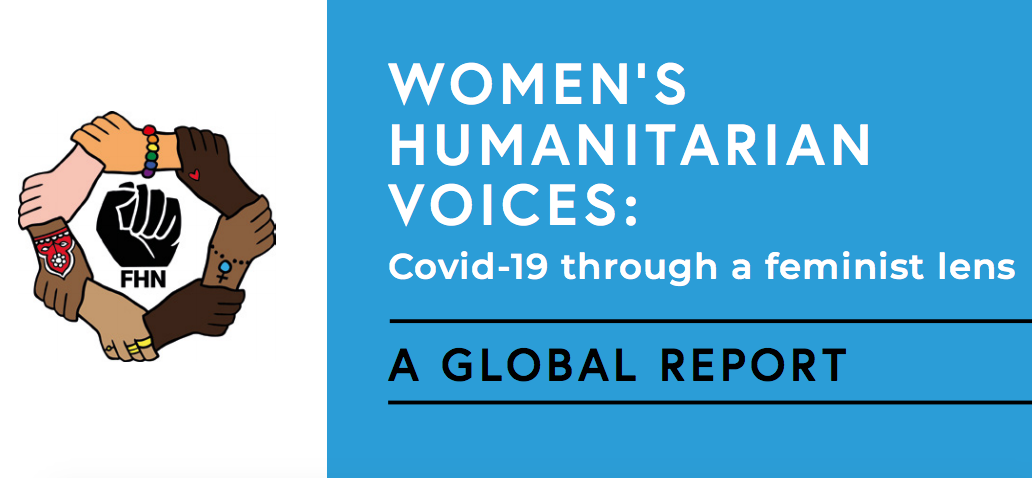Gender imbalance at top of UK charities holding sector back, report finds

Women make up 68% of employees in the UK’s charity sector, contributing £19bn to the economy in 2019 yet only 1 in 3 of the biggest UK charities has a female CEO, and men outnumber women on boards 2:1, finds a new Pro Bono Economics report.
As a result of this gender imbalance, it says, the sector is being held back by “male-dominated decision-making” which fails to fairly represent the make-up of the sector’s workforce and service users.
The new report, titled Women and the charity sector, finds that less than a third (32) of the top 100 UK charities by income are led by women. It also notes the “outsized role” of the largest charities in the sector in terms of financial firepower and influence, quoting NCVO figures showing that the 64 “super-major” charities in the UK make up just 0.04% of all charitable organisations, but receive 22% of the income.
Advertisement
Key findings
- The charity sector has created an additional 120,000 jobs for women over the past decade, to become the source of one in every 25 jobs filled by women in 2022.
- The sector provides volunteering opportunities to 31% of women across England.
- Women contribute an estimated 64% of the hours worked in civil society, compared to men’s 36%.
- Women in the charity sector contributed £19bn to the economy in 2019. This includes a contribution of £9.9bn through volunteering and £9.2bn through their work as employees in the charity sector.
- Women make up between 56%-63% of the sector’s CEOs overall. That falls to 35% of the CEOs of the largest charities and 46% of the CEOs of the oldest charities.
- In 2022, 72% of women gave money to charitable causes in the previous month, compared to 61% of men.
Outnumbered on the board and underpaid
According to the report, men outnumber women by a ratio of two to one overall as trustees on the boards of charities in England and Wales – with less than a third of women occupying the most influential roles of chair (29%) and treasurer (32%).
The sector’s gender imbalance is also reflected in pay, according to the report, which notes that, on average, women in the charity sector are paid 4.1% less per hour than men in the sector. Research shows that the gender pay gap in the sector jumps at the peak of the years women tend to spend raising children, described in the report as a “wage penalty” women experience for child rearing.
Philanthropy & grants
In addition, the dominance of men among the UK’s major philanthropists is identified as a cause for concern in the report, which cites this year’s Giving List by The Sunday Times, featuring just seven independent female philanthropists, compared to 69 men. This imbalance has negative repercussions, according to the report, such as women’s and girls’ charities being too often deprioritised and chronically underfunded.
The report notes that, in 2021, £4.1bn was awarded in grants to the charity sector, yet just 1.8% of these funds went to organisations focusing on women and girls, and a third of all grants designated for women’s and girls’ activities went to organisations with no specific focus on women and girls.
PBE interviewed 35 female leaders of charities, community groups and sector infrastructure bodies in the UK for the report, which recognises there has been “some improvement” in the sector’s gender imbalance in recent years, but says “it has not been fast enough”.
Recommendations
Pro Bono Economics is calling on sector leaders, charity boards and funders to lead the way in addressing an “under-discussed gender imbalance” in the sector.
Among its recommendations, the report calls for more consistent support for current and future female leaders in the sector, especially around confidence and network-building – pointing out that infrastructure bodies need to get better at reaching women unaware of their support services.
The report also calls on charity boards to play a more “proactive” role in raising issues affecting women, such as fair pay and caring responsibilities, as well as urging boards to continue to make progress in recruiting more diverse trustees.
Matt Whittaker, CEO of Pro Bono Economics, said:
“This research shines a light on the profound gender imbalance which runs through the charity sector in the UK, but is rarely acknowledged. Women are drivers of so much of the good done by the nation’s charities, comprising two-thirds of the sector’s workforce. And they are critical consumers of that good too, with more than 10,000 organisations dedicated to women’s and girls’ issues.
“However, many of the levers of decision-making power in the sector reside predominantly in male hands, whether that be on the boards of charity trustees, among the CEOs of the UK’s biggest and most influential charities, or within the list of the country’s most generous philanthropists.
“Things are improving, but not quickly enough. Charity leaders, boards and funders must play a proactive role in addressing these issues. Driving greater gender balance in the charity sector will help to create a sector that is more reflective of its workforce and users and, ultimately, more effective.”
Vicky Pryce, PBE Patron and Economist, said:
“As a patron and trustee of a number of women’s charities, the evidence presented in this Pro Bono Economics report is a powerful reminder of the gender imbalance that exists in the charity sector today.
“Progress in addressing this imbalance in recent years has been welcome, but, as the report shows, there is still much to do to achieve a charity sector that is more reflective of its workforce and users.
“The drive to achieve this is essential not only for a fairer charity sector, but also a more effective one, along with the wider and significant societal benefits that will follow.”




